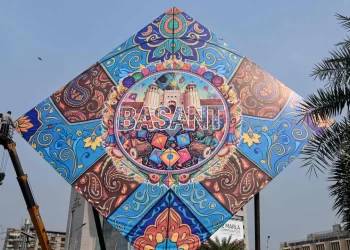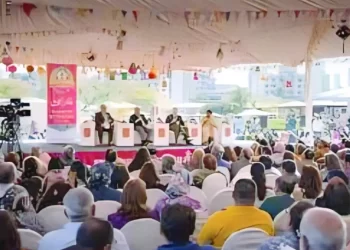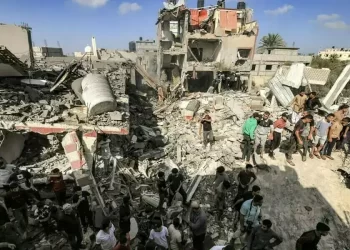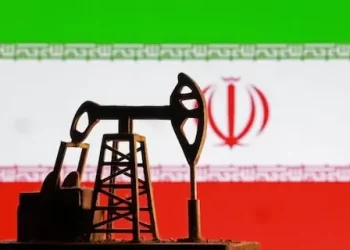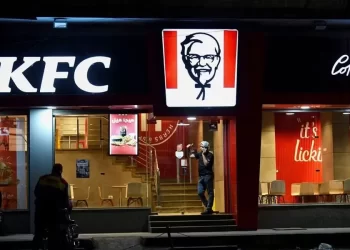Israeli operations in the West Bank city lead to casualties, displacement and popular anger.
On May 21, Amr Musara went out to report on Israel’s raid on the Jenin refugee camp in the Israeli-occupied West Bank.
The 25-year-old videographer was working with three Palestinian colleagues – all visibly identified as press.
The Israeli army fired at them.
Musara was shot in the back as his colleagues hit the ground to take cover. When the soldiers stopped shooting, Musara was rushed to the nearest hospital.
“I thought I was going to die,” Musara told media over the phone from his home where he is recovering from his wounds.
Musara said Israel routinely shoots at journalists across the West Bank.
“They targeted us in the same way they targeted Shireen,” Musara said.
Israeli forces shot and killed media correspondent Shireen Abu Akleh while she was reporting on a raid in Jenin in May 2022. A United Nations investigative body found the killing was deliberate.
“There was no danger [for the Israeli soldiers] around us. There were no resistance fighters.
“They just shot at us.”
Since it launched its war on Gaza on October 7, Israel has killed 516 Palestinians in the West Bank, according to the Palestinian Ministry of Health.
According to an investigation by the Palestinian human rights group Al-Haq and London-based research group Forensic Architecture, Israel typically sends undercover soldiers into West Bank cities to monitor and assess the area before the army or special forces arrive.
Last week, several undercover Israeli soldiers pretending to be Palestinians came into Jenin and took up positions among the homes to survey the camp.
Patterns of violence
The next morning, the army stormed Jenin’s refugee camp with tanks, jeeps and bulldozers. The bulldozers were sent in to destroy shops, roads and homes, journalist and camp resident Atef Abdul Rub said.
“They started shooting at a school, … at the students and at the teachers,” Abdul Rub told media.
Israeli forces typically destroy entire neighbourhoods, claiming they are harbouring fighters. Civilians are punished in the process – killed, arrested or made homeless, residents and activists told media.
“What I saw in Jenin camp is like Gaza on a smaller scale,” said Zaid Shuabi, a Palestinian human rights organiser in the West Bank.
“You don’t see roads because they’re destroyed. The infrastructure, … the sewage and electricity system and the water pipes and telecommunication networks are damaged.”
Since January 2023, 88 people have been killed in the Jenin camp and 104 structures have been destroyed, according to the UN.
Since 2021, a new cohort of Palestinian armed groups has emerged across the West Bank. In the Jenin camp, the Jenin Brigades has clashed with Israeli troops during dozens of raids.
The group is loosely composed of fighters linked to Hamas, Palestinian Islamic Jihad (PIJ) and Fatah, according to Tahani Mustafa, an expert on Israel-Palestine for the International Crisis Group (ICG), a think tank in Belgium.
“These groups [in Jenin] started as a community defence mechanism, so the more violent Israel’s raids got and the more systemic [they got], the bigger these groups grew,” Mustafa told media.
She said the young men who join these groups are reacting to Israel’s deepening occupation and are disillusioned with the Palestinian Authority (PA), which administers the occupied West Bank and is viewed as an Israeli auxiliary by many Palestinians.
The PA has engaged in security cooperation with Israel as part of the 1993 Oslo Accords, which it was born out of.


